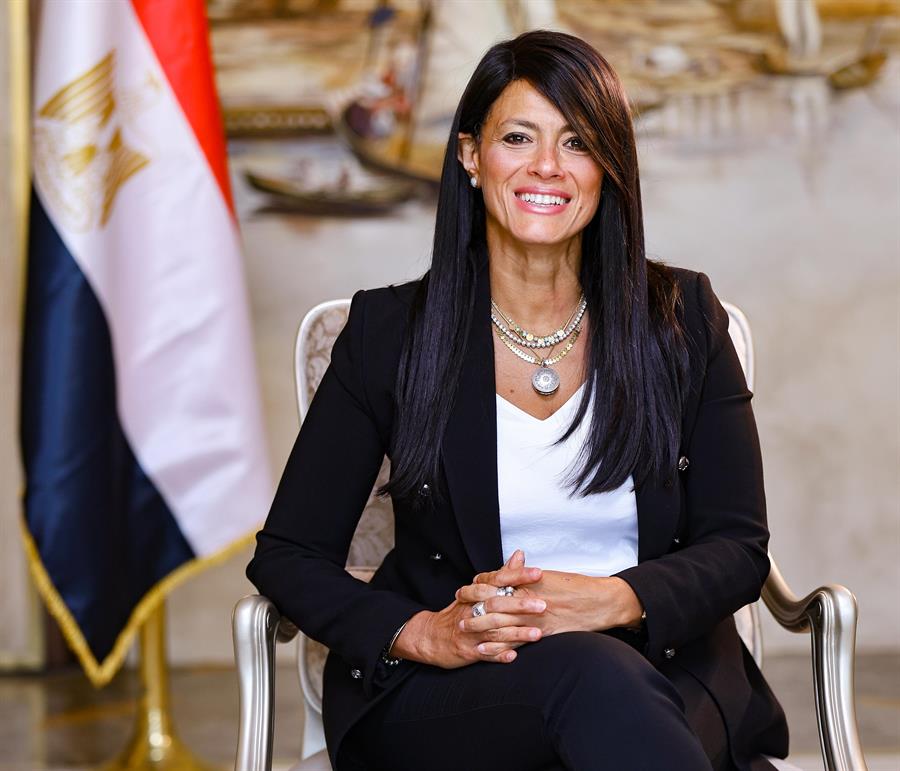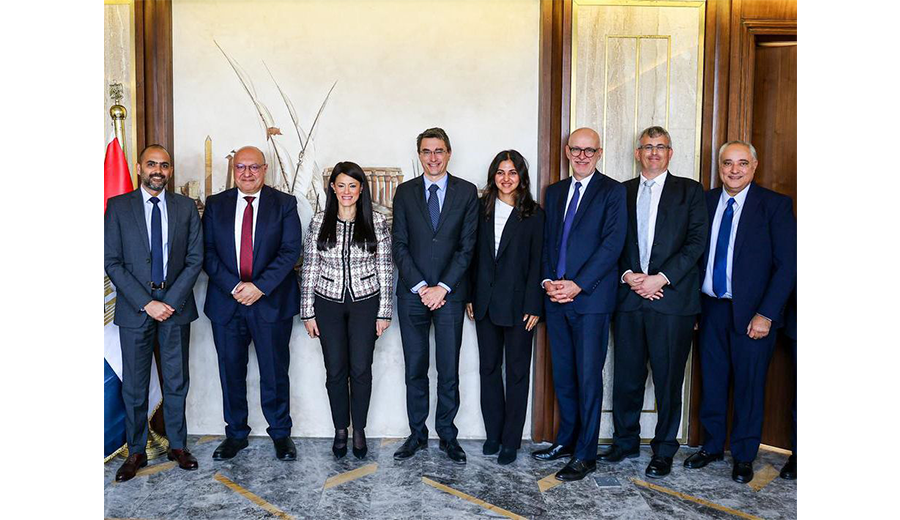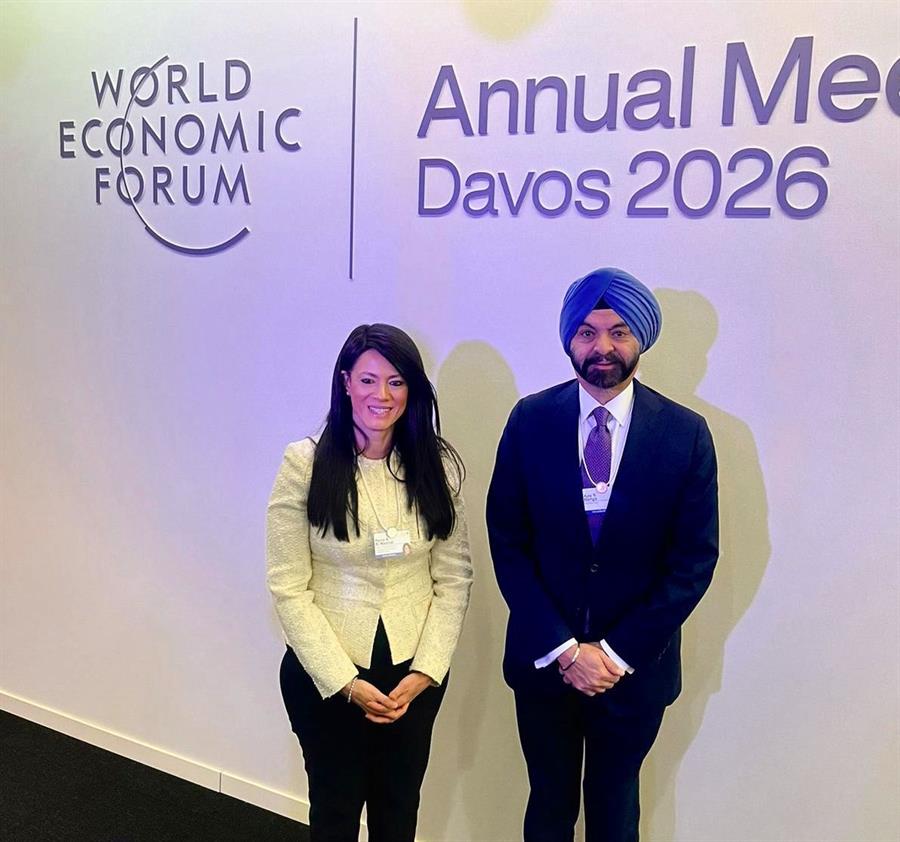Assistant Minister of Planning and Economic Development reviews the role of "Egypt's Vision 2030" in ensuring children's rights

26 July 2023
Dr. Mona Essam, Assistant Minister of Planning and Economic Development for Sustainable Development Affairs, reviewed the role of "Egypt's Vision 2030" in ensuring children's rights protection.
This took place during her participation in the high-level conference on launching the strategic review "Towards Child-Friendly Justice in Egypt: Implementing the SDGs for Children".
At the beginning of her speech, Dr. Mona Essam appreciated the efforts made by the Ministries of Justice and Social Solidarity, the Public Prosecution Office, and the National Council for Childhood and Motherhood in the project "Towards a Child-Friendly Justice System in Egypt: Implementing the Sustainable Development Goals for Children”, in cooperation with the Organization for Economic Co-operation and Development (OECD) with funding from the Swiss Agency for Development.
Essam reviewed the pillars of linking the objectives of the project with the broader framework for the development process in Egypt, "Egypt's Vision 2030", which represents the compass for determining the state's directions in achieving sustainable development in its various dimensions (economic - social - environmental), in line with the Global Agenda 2030 and the goals of sustainable development as well as Africa's Agenda for Sustainable Development 2063.
Sectoral strategies, medium and short-term plans, programs, and projects are built on them to achieve their goals, for example, the strategic framework and the National Plan for Childhood and Motherhood (2018-2030), the National Strategy for Human Rights, and others, according to Essam.
Essam added that the Egyptian constitution of 2014 guaranteed many benefits to citizens of all categories.
"Egypt's updated Vision 2030 defines several governing principles," she said.
The vision also believes that the desired goal of the development process will not be truly realized unless all social groups benefit from its fruits. Thus, achieving the principle of "Justice & Availability" is an important determinant for evaluating the success of the vision in terms of merit criteria and legal application.
So that all citizens, especially the most marginalized groups, enjoy all rights while ensuring they have the same opportunity to access all services, she noted.
The Assistant Minister of Planning confirmed that Egypt's Vision 2030 sets some strategic and general goals, the achievement of which would guarantee the preservation of children's rights, as the first strategic goal is "improving the quality of life of the Egyptian citizen and improving his standard of living": which seeks to provide the basic requirements of life for every Egyptian.
Egypt's Vision 2030 adopts the concept of eliminating multidimensional poverty, by preparing the basic elements for all segments of society. This allows them to live a decent life in their homeland.
The vision believes that comprehensive development does not stop at reducing poverty rates. Instead, it extends to providing citizens' needs in terms of education, health, housing, food, and decent work. It also includes other aspects of life, including cultural and sports activities.
The Assistant Minister of Planning indicated that Egypt advanced 19 places in the global human development index for 2022, as Egypt occupied 97th place, compared to 116th place in 2020.
Egypt's classification also rose from the group of countries with medium human development to the group of countries with high human development.
Essam referred to the second strategic objective, "Social Justice and Equality", which includes many general objectives, including providing social protection, reducing the gender gap, inclusion, and equal opportunities.
The strategic objective also focuses on promoting active citizenship and the positive participation of all segments of society in all aspects of life, including the neediest groups in society that require positive discrimination in their favor, including children, as a large percentage of them still face the problems of poverty in both its material and multidimensional forms.
Essam spoke about the sixth strategic objective, "Governance and Partnerships".
" Governance principles are the rule of law, justice, participation, accountability, transparency, and combating corruption," She added.
The application of these principles requires the dissemination and integration of many reforms, whether institutional or legislative. In addition, it requires working to raise human capabilities and change culture and behavior.
Dr. Mona Essam added that Egypt's updated Vision 2030 has established seven potentials that represent the requirements and suggested tools for implementing policies, initiatives, and programs. This is to ensure the effectiveness and efficiency of the implementation process and achieve the vision smoothly.
After her speech, the Assistant Minister of Planning and Economic Development stressed the need to deal with the child as an actor, not a follower and a basic partner in the development process, guaranteeing all his rights, and the importance of working to integrate the child in the various development issues that concern him, in a way that ensures that the views of the child are taken into consideration.









